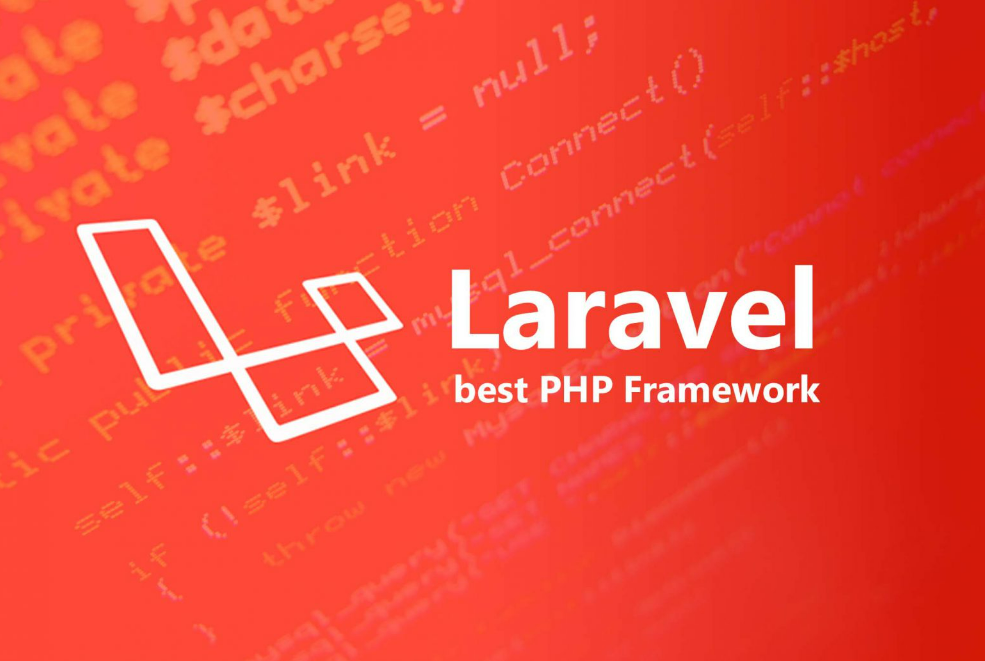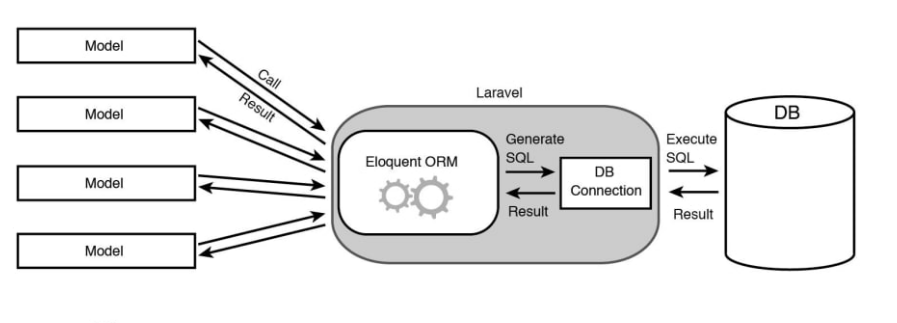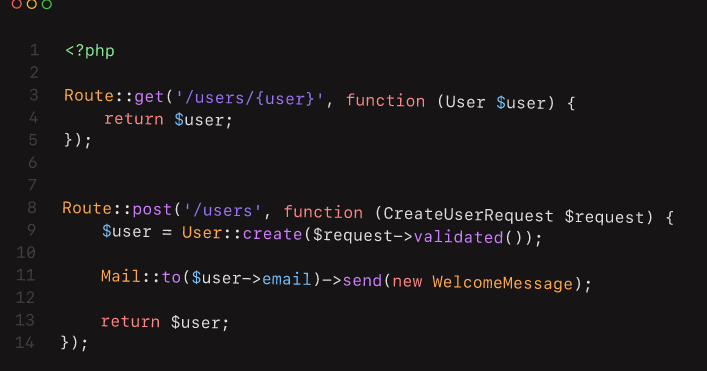10 Outstanding Laravel Features that Make It the Most Popular PHP Framework
- 1 10 Best Laravel Features that Make It the Most Popular PHP Framework
- 1.1 MVC Framework Support
- 1.2 Built-in Template Engine
- 1.3 Eloquent ORM
- 1.4 Strong Security
- 1.5 Built-in Artisan Console
- 1.6 Development Packages
- 1.7 Database Migration
- 1.8 Libraries and Modular Framework
- 1.9 Unit Testing Experience
- 1.10 Broadcasting for Real-Time Data
- 2 Conclusion
Laravel is an open-source PHP framework created by Taylor Outwell in 2011. It is one of the most in-demand PHP frameworks currently, with over 836,231 live websites using Laravel as their software framework.
In 2022, Laravel was the most used PHP framework among developers, and for a good reason. It has a rich functionality range that combines PHP features with other programming languages like Ruby on Rails. That’s why companies are always on the lookout to hire Laravel developers.
In this article, we’ll discuss why Laravel is so popular in the developer community by listing 10 of its outstanding features as a PHP framework.
10 Best Laravel Features that Make It the Most Popular PHP Framework

Laravel has a host of features and capabilities that set it apart from other PHP frameworks. Let’s explore the top 10 among them!
MVC Framework Support
Laravel works on the MVC architecture that has several built-in functions to boost web app performance. It also ensures you don’t have to struggle with security, maintenance, and scalability.
The MVC architecture is based on a Model, View, and Controller.
- M or Model is a class dealing with a database. For each model, there would be a table for the specific model. For example, if you have a user model in the application to deal with a database, there will be a user table as well.
- V or View is a class dealing with HTML, which means that you can view the exact representation of what you will see on the browser.
- C or Controller deals with both the model and the View. It is a class that retrieves data from the model and sends it to the view class.
The MVC framework gives clarity, improves website performance, and enables better documentation.
Built-in Template Engine
Laravel is extremely popular due to its built-in templates. These are lightweight, beautiful, and dynamic, with everything needed to build web layouts. It also has widgets that integrate CSS and JS code to give it stability.
You can create simple layouts with these templates, enable dynamic content seeding, and create distinct web page sections. Laravel also allows you to clean and customize layouts without coding requirements.
Eloquent ORM
Laravel has eloquent Object Relational Mapping (ORM), which means it comes included with a simple PHP Active Record implementation. This feature allows web developers to write database queries in PHP syntax instead of writing in SQL code.
What makes Laravel better than other PHP frameworks in this aspect is that the ORM is relatively faster and a more effective solution than the other alternatives. Hence, you can deploy more robust web applications in a short time.
Strong Security
Laravel is known for its strong web app security features. It protects all data with a hashed and salted password mechanism, which means passwords are never stored as plain text in the database. It also has a built-in authentication and authorization mechanism.
To achieve high-level security, its security mechanism generates encrypted passwords using the Bcrypt Hashing Algorithm. Its SQL statements are also created to prevent SQL injection attacks.
In times when website builders and owners are highly concerned about data security and cyber attacks, Laravel’s robust security mechanisms make it a safe bet for developers.
Built-in Artisan Console
Artisan is Laravel’s built-in tool for the command line. It helps developers automate multiple programming tasks that can otherwise turn out to be tedious and time-consuming. With Artisan, you can avoid such manual tasks and easily manage databases by creating a skeleton code and database structure.
It can also generate MVC files through this command line to manage assets and their configurations better. Developers can also create their commands if needed, thus ensuring flexibility and scalability.
Development Packages
Laravel has a packaging system that deals with multiple support software and libraries. This further helps in automating the web application building process. For instance, Laravel uses a composer as a dependency manager, which deals with all the information required to manage packages.
With development packages, you can speed up the building process and add functionalities out-of-the-box, as needed. Some Laravel packages available for development are Laravel IDE, Laravel Debugbar, Socialite, Spatie, and Image.
Database Migration

Database migration is super easy in Laravel, as it expands the database structure of web applications without recreating it when developers make changes in the code. So you don’t have to worry about losing data during migration.
Developers can do the migration using PHP code instead of SQL. With Laravel schema builder, you can change the scheme, migrate database tables, and re-migrate them automatically. This makes the development process easier and more streamlined, as you don’t have to remember the migration schedule.
Libraries and Modular Framework
Another reason to consider Laravel the best of PHP frameworks is its pre-installed libraries. Laravel has several object-oriented libraries that developers can implement for functions like password reset, active user tracking, Bcrypt hashing, encryption, CSRF protection, etc. These libraries are authenticated and help enhance performance.
Additionally, the Laravel framework is divided into modules with PHP principles. Programmers can use these to develop modern, responsive web apps. It is adept at error handling as well due to its integrated monologue logging library. This feature makes Laravel a favourite among developers, as error handling is crucial to ensure smooth performance and a positive user experience.
Unit Testing Experience

Laravel’s unit testing experience makes it highly popular among developers, as it can run multiple unit tests to ensure that new code changes do not affect the website’s uptime. You can write unit tests in your code on Laravel.
Robust testing makes the web application stable and high-performing, which are much-coveted qualities in the industry. It helps to know your errors before you launch the website so you can handle them in emergencies. Laravel supports PHPUnit and automation testing to check applications and highlight issues or bugs before they go live.
Broadcasting for Real-Time Data
An important feature of Laravel is broadcasting, which lets you implement real-time data and show live feeds in modern web applications. The broadcasting function also allows you to share the same event name between your front-end and back-end, so you can pull live data from the application and work on it.
Conclusion
The above features are not enough to specify how convenient and effective Laravel is for PHP development. Programmers around the world love it because of its rich set of functionalities and elaborate documentation. You also have access to informative blogs, expert suggestions, and online forums if you have trouble with coding.
Laravel is only set to increase in popularity and application with time. So, this is the right time to learn more about it and work as a professional or hire Laravel developers in your company!

















